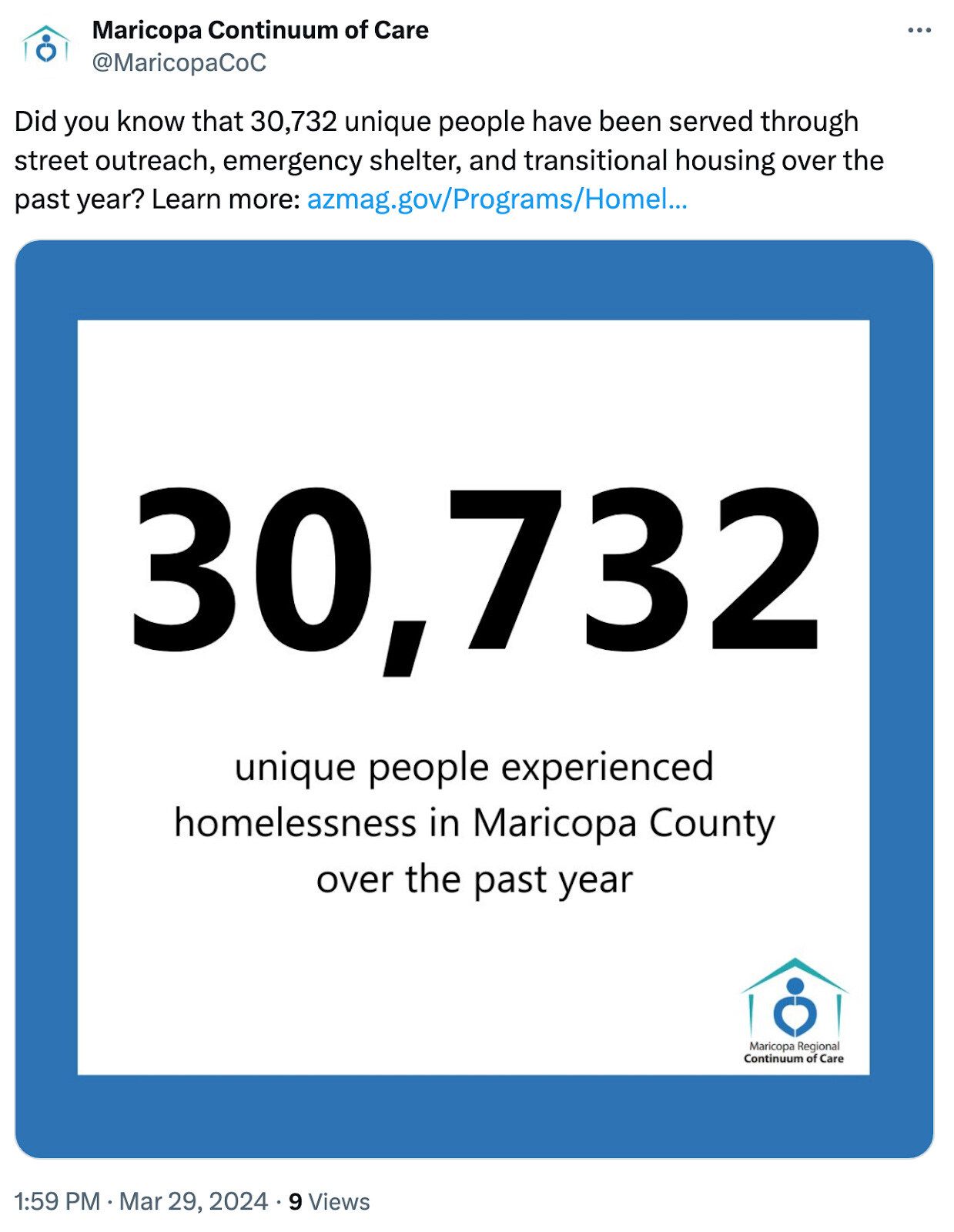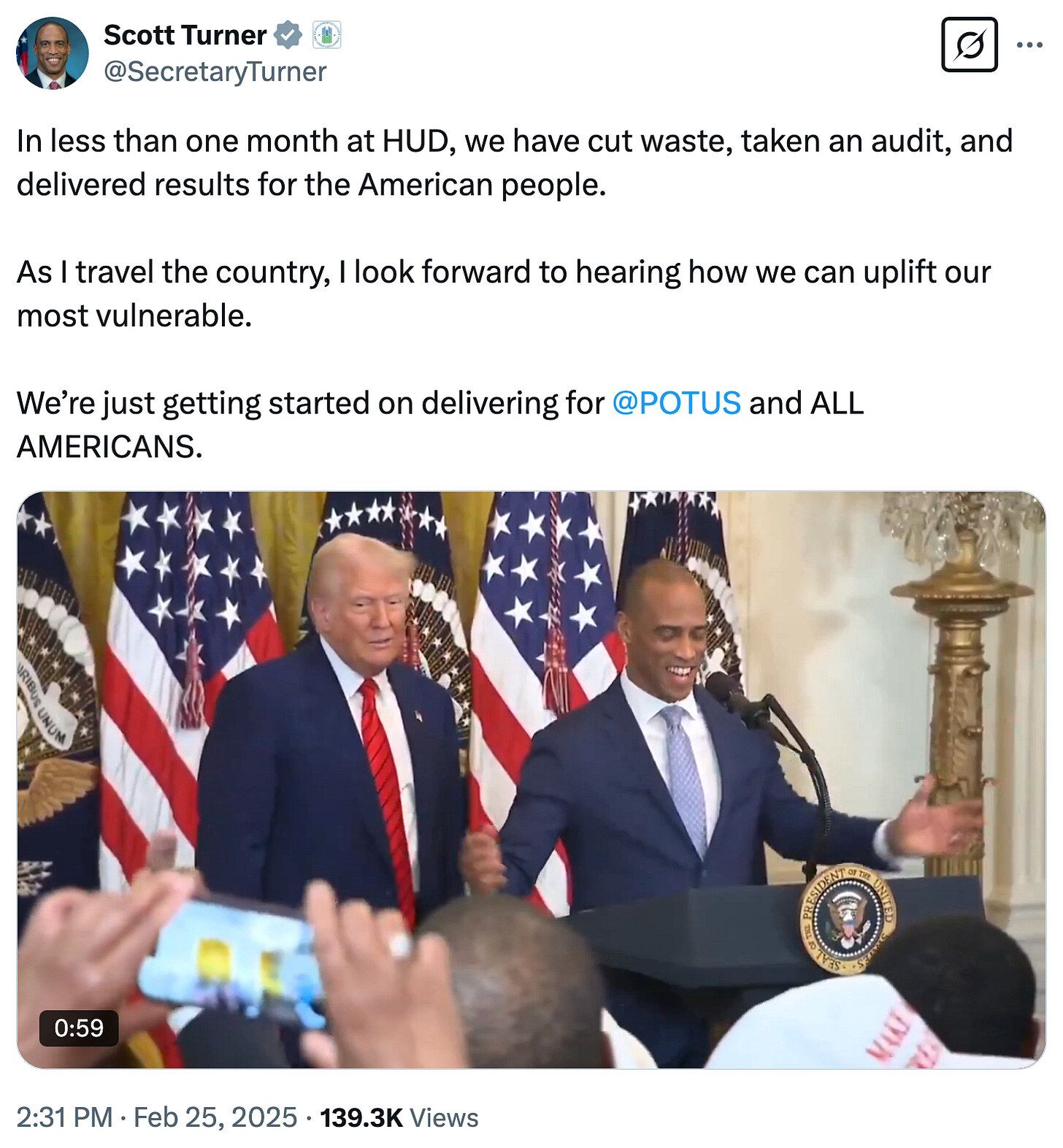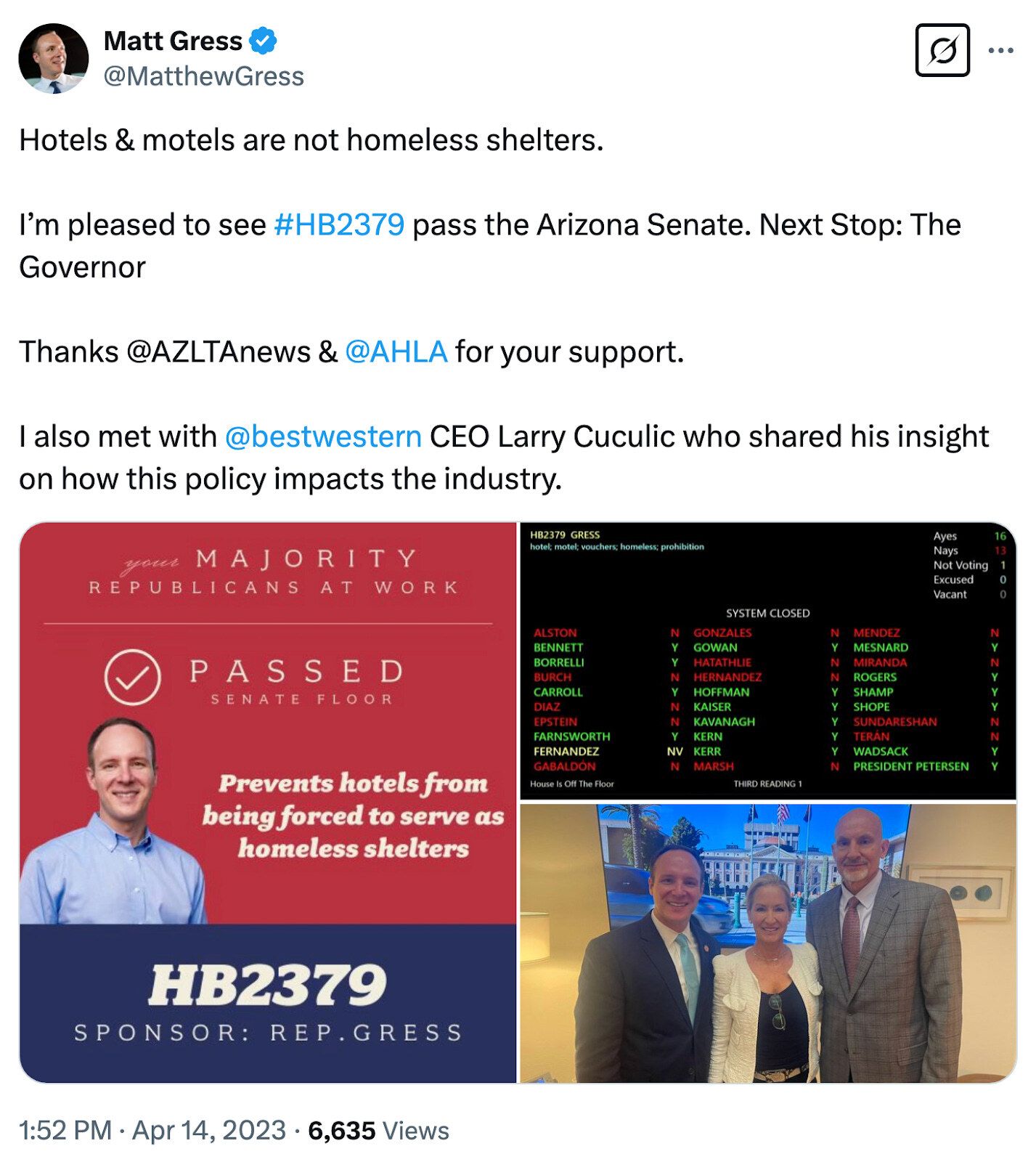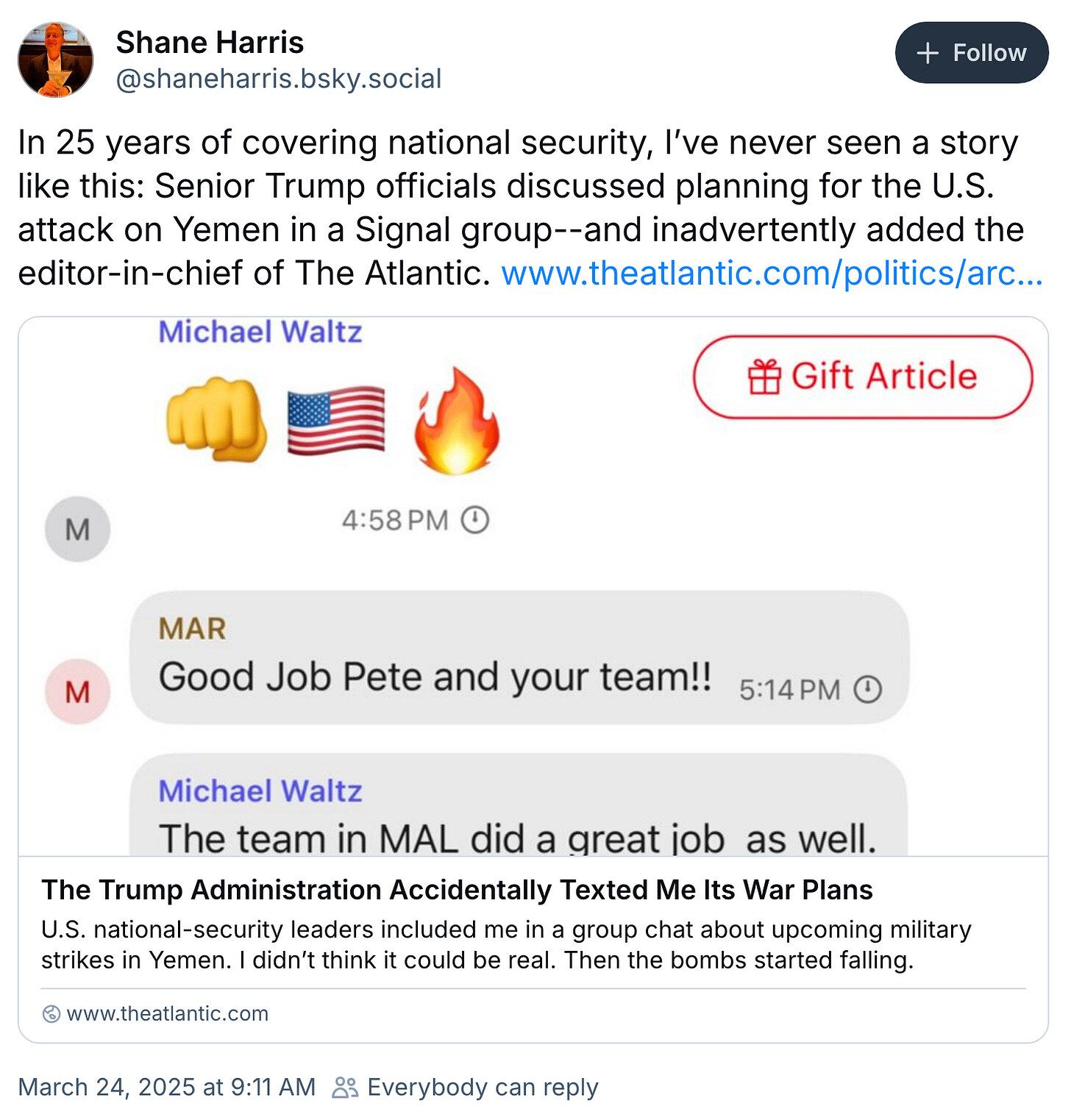Arizona’s Democratic and Republican lawmakers agree on at least one thing: Homelessness is a huge issue here.
They don’t agree, however, on how the state should treat people without homes.
For the most part, Democrats support a Housing First approach that gives people access to shelter without barriers like drug tests and pet restrictions.
The Republican viewpoint prioritizes personal responsibility and limited government intervention through things like subsidized housing.

This year, the state’s Democratic lawmakers have unsuccessfully pushed bills to give out grants for shelter services, make it legal to sleep in public spaces and require municipalities to provide 24-hour access to public restrooms.
The Republican majority’s bills are faring much better — specifically homelessness-related bills from Republican Rep. Matt Gress to make hotels put up signs disclosing if homeless people are staying there and increasing penalties for using drugs in a shelter.
Cities and counties get funding from the state to implement homelessness reforms like building shelters. But the political makeup of whoever governs Arizona’s municipalities largely determines how they address their unhoused populations.
Phoenix City Council’s Democratic majority adopted a plan in 2020 to prioritize increasing the city’s shelter space and providing more outreach services.
Scottsdale’s conservative City Council, on the other hand, was one of Arizona’s first cities to begin enforcing a public camping ban after the U.S. Supreme Court overturned Grants Pass, which barred cities from displacing people if they have nowhere else to go.
In November, Arizona’s voters passed Prop 312. The measure requires municipalities to reimburse property owners for money lost due to unenforced public nuisance laws prohibiting things like panhandling, illegal camping and public urination.
Regardless of political affiliation, Prop 312 means cities now have to reckon with penalizing homelessness or losing funding.
Republican lawmakers are trying to make those homelessness-related policy decisions clearer for cities by proposing statewide legislation that cities would be forced to follow.
And for the most part, those initiatives make it a lot harder to be homeless in Arizona.
Signs and fines
Republican Rep. Matt Gress wants to increase the penalties for people caught selling or using narcotic drugs in homeless and domestic violence shelters.
Under his HB2437, violators would be punished by the same criminal statutes that apply to whatever drug they’re caught with if it’s in a “drug-free homeless zone,” plus one year in incarceration. And they’d be hit with either a $2,000 fine or three times the value of the drugs — whichever is greater.

Every licensed shelter operator who serves homeless people would have to adopt a drug-free policy and permanently affix a drug-free sign on their premises.
“If you are operating a facility that serves those who are homeless, you are now designated as a drug-free zone, just like a school drug-free zone,” Gress told the House Judiciary Committee.
The lawmaker said he toured a shelter where “the smell of marijuana just kind of knocked (him) over and (he) saw paraphernalia on the table.”
Nicole Newhouse, executive director of the Arizona Housing Coalition, said the onus should be on drug users, not shelter workers. Republican Rep. Khyl Powell rebutted that many of those workers used to be addicted to drugs.
The Joint Legislative Budget Committee estimated the bill would increase costs for the state corrections department if people spend more time in prison, while courts may see increased revenues from the higher fines.
Housing last
Under Republican Rep. David Livingston’s HCM2011, the state Legislature would ask Congress to get rid of regulations that support the Housing First policy approach to homelessness. That policy calls for getting people into permanent housing as quickly as possible and providing other needed services after. Studies show that for the most part, it works.
Livingston’s HCM2011 asks the federal government to get rid of rules in the U.S. Department of Housing and Urban Development’s Continuum of Care Program that gives out funding to nonprofit providers, states and tribes to get people into housing.

Brian Sikma, a lobbyist for the Foundation for Government Accountability, acknowledged Housing First policies have “lasted across bipartisan administrations in Washington” but that federal regulations prevent local governments from “identifying homeless individuals who have maybe a mental health illness or perhaps a drug addiction … that is contributing to their situation.”
“I would say (Housing First) is, without question, a total failure,” Sikma said.
When expressing his support for the bill, Gress referenced harm reduction centers where people can use drugs while being monitored to prevent overdose and disease. He’s running another bill to outlaw those centers but also said none of them exist in Arizona.
“Now we've gotten to the point where they're not just needing to be comforted by four walls and a roof. They need to be supervised by a licensed healthcare professional to shoot up,” Gress said.
Check-out time
Gress calls his HB2803 “a consumer protection measure.” It would require hotel operators to post signs on entrances, exits, reception desks and websites telling people that homeless individuals are staying in the hotels’ rooms.
The text on those signs has to be in red, 25-point gothic bolded font. And every guest who checks into the hotel has to be reminded that homeless people are staying there. Anyone who objects would get a full refund for attempting to stay at the hotels Gress called “a den of crime, of drug use.”
He sponsored similar legislation last year that would have barred cities from requiring hotels to accept housing vouchers, which got vetoed.

Several municipalities rely on hotels to house homeless people amid a limited supply of shelter space. Mesa’s ”Off the Streets” program, for example, leases hotel rooms in the northeast part of the city to temporarily house people without homes. Every participant has to follow program rules and participate in a housing stability plan.
Mesa’s Assistant to the City Manager Ian Linssen told lawmakers the city has helped get more than 2,800 people into permanent housing using its hotel program, and it’s trying to purchase a hotel to use entirely as shelter space. But the city still wants to be able to use hotels “in the event that there is an additional need beyond the hotel capacity that we will have, which we forecast will exist,” Linssen said.
While the bill doesn’t prohibit cities from using hotels as shelter space, it bans using state or local money to do it. That effectively kills localities' ability to rely on hotels for shelter.
Michelle Jameson, the executive director of U.S.VETS in Phoenix, a group that helps veterans experiencing homelessness, apologized for getting emotional when testifying before lawmakers.
“At the end of the day, we're talking about humans that deserve a place to stay,” she said. “They deserve dignity. They deserve respect, and this bill unfairly stigmatizes individuals that are experiencing homelessness by implying that they pose a safety risk.”
Audit it away
Every state agency has to go through a legislative renewal process, and Republicans are using the Arizona Department of Housing’s renewal as a vehicle to push for their wishlist of oversight and accountability measures.
Typically, when lawmakers continue a department (essentially, just authorizing them to continue existing), they do it for multiple years at a time.
Republican Rep. David Livingston’s HB2209 would continue the Department of Housing — but a string of Republican amendments mean the bill would also subject the department to a series of audits, including on all homelessness-related expenditures over the past five years.
Some of those auditing requirements are contained in a separate bill from Gress, but lumping them into the Department of Housing continuation legislation essentially makes them veto-proof, since the governor doesn’t have much choice but to continue the Department of Housing.
Even with those concessions, the bill would only extend the life of the Department of Housing by one year.
That shortened continuation window worries housing advocates far more than the many added reporting and auditing requirements.
“Housing projects take years to complete,” Newhouse, of the Arizona Housing Coalition, told lawmakers. “If ADOH’s future is uncertain, lenders and builders will be hesitant to invest, delaying critical housing for families, seniors and veterans across the state. … A one-year cycle forces ADOH to focus on survival, not solutions.”
Not to mention, it doesn’t even give the department the time to conduct the requested audits and implement any changes.
A Senate version of the bill, SB1357, would incorporate many of the same reporting, auditing and oversight provisions, but with a four-year continuation instead of a single-year extension.

Everything but the kitchen sink: The Trump administration is planning to establish a military “buffer zone” along the U.S.-Mexico border, where soldiers could temporarily hold migrants, the Washington Post reports. That’s not how deployments to the border worked in the past, when soldiers performed support duties rather than actual law enforcement. Military officials at Fort Huachuca, where 500 active-duty soldiers from New York are stationed, didn’t have much to say about the proposal, the Arizona Daily Star’s Emily Bregel reported. The military did announce they’re sending a guided-missile Navy destroyer to be part of the southern border mission.

So that’s where he went: Former Republican U.S. Senate and House candidate Blake Masters is joining up with Donald Trump Jr. on the board of GrabAGun, a digital firearms retailer, Axios reported. They’re hoping to sell guns to younger aficionados who are more comfortable online than they are with traditional gun sales. As Hank once wrote in a profile of Masters for Politico, he’s kind of a gun nut.
“His armory also includes a grenade launcher (for which he does not have live rounds, though not for lack of trying) and his ‘ghost gun’ a ‘very legal & very cool’ semiautomatic rifle that he 3D printed before it was illegal to do so,” Hank wrote in Politico in 2022. “I suggested we do an interview while firing off some rounds. He was noncommittally into it and we made a tentative plan, but it never happened. He asks if I am going to make him look like a nutjob. Probably, I tell him with a chuckle.”
Oh, the hypocrisy: While the conservative Goldwater Institute rails against taxpayer dollars being given away to encourage movie producers to come to Arizona, the chairman of the think tank’s board, Eric Crown, has used those same tax credits in other states, Phoenix New Times’ Stephen Lemons reports. Crown was a producer for the 2014 Teenage Mutant Ninja Turtles movie and its 2016 sequel. Both of those movies include acknowledgments for support from the New York State Governor’s Office for Motion Picture and Television Development. The sequel received a credit of more than $19 million.
Tariffs take their toll: The Trump administration’s tariffs are already starting to hit the pocketbook of a produce importer in Nogales, Tucson Sentinel columnist Blake Morlock writes. Jaime Chamberlain, head of his family’s produce business and a Trump supporter, said the tariffs were inevitable after federal officials didn’t stop illegal immigration and fentanyl. Even though the 25% tariffs were active for only three in early March, that was enough to see the impact.
"It's in the millions," Chamberlain said. "It's just three days and it's an 'Oh-my-God' amount of money."
Loophole goes up in smoke: Attorney General Kris Mayes is warning non-dispensaries to stop selling THC-infused drinks and edibles — including those that contain Delta-9-THC compounds, KOLD’s Alexis Cortez reports. Major retailers like Total Wine recently started selling the THC-infused drinks, arguing they’re legal under a federal loophole.
Famous racecar drivers: Arizona’s lead-footed lawmakers made the Washington Post, which detailed the three recent MAGA speeders, along with a nice history of lawmakers abusing their privilege from arrest. Former speeding lawmaker Paul Mosley told the Post’s Yvonne Wingett Sanchez that he doesn’t think lawmakers will allow the voters to repeal that constitutional protection.
“The debate over Republicans far from Washington using the law for personal benefit comes at a time when President Donald Trump has avoided consequences in his own criminal cases and made sweeping changes across the federal government, including at the FBI, the Department of Justice and independent watchdogs responsible for investigating allegations of wrongdoing,” Sanchez writes.
Shhhh, it’s a secret: Lots of people are visiting Saguaro National Park, but park staff aren’t supposed to talk about it, the Daily Star’s Henry Brean reports. An internal memo sent to National Park Service staff said they can publish visitation data on their websites, but they’re not allowed to do anything beyond that, like sending out news releases or posting on social media. Last year, the national park system set a record for visitations, and it was the sixth busiest year at Saguaro National Park.

The “wild ride” continues for new Scottsdale Mayor Lisa Borowsky.
Her city council has shot down a few of her ideas recently, the Scottsdale Progress’ Tom Scanlon reports, and now she’s filing a records request to see what her colleagues are saying about her.
This one isn’t about #ParkingGate, though that drama is still ongoing, as she seemingly directed her former employer and Trump-world lawyer Dennis Wilenchik to fire off a letter accusing councilmembers of “a planned conspiracy to damage and defame” Borowsky over the parking dustup.
Now, she’s mad about her plan to create a “Scottsdale Volunteer Fire Brigade,” which she said would be modeled after volunteer sheriff posses. The fire chief and others refused to attend her press conference announcing the initiative, so she’s requesting records about what they’ve been saying about her and the plan behind her back.
“This is Nixonian paranoia,” one person who didn’t want to be identified told Scanlon.
Former councilmember and mayoral candidate Bob Littlefield didn’t mind going on the record to call the request “weird” and “totally abnormal.”
“I don’t think I’ve ever seen a situation where the mayor did a public records request on Council people and staffers,” Littlefield said.

